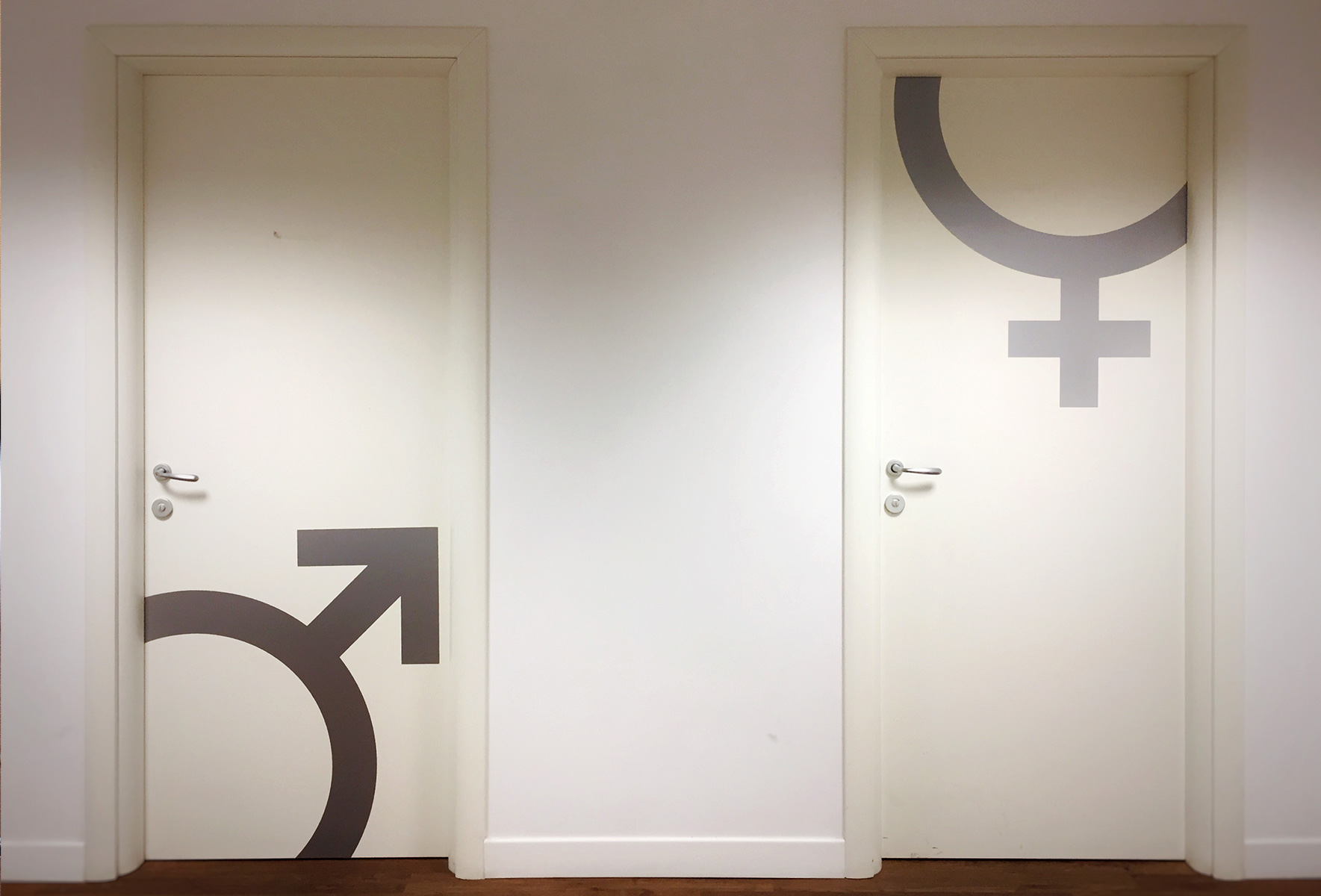A plurality of Americans support President Joe Biden continuing to pursue student debt forgiveness after the Supreme Court struck down his original effort, according to a poll conducted exclusively for Newsweek.
The Supreme Court in June ruled, in a 6-3 decision, that the Biden administration had overstepped its authority in trying to cancel or reduce student debt, effectively killing the $400 billion plan that would have canceled up to $20,000 in federal student loans for 43 million people.
Around 20 million of those would have had their remaining student debt erased completely.
The court's decision means that those Americans are now on the hook for payments, which will restart in October after being paused for the last three years because of the pandemic. Payments were due to resume no matter what the court decided, and interest will begin accruing September 1.

Soon after the high court's ruling, the president vowed to push ahead with a new plan to provide student debt relief for millions of borrowers.
In remarks at the White House, Biden said his administration had begun the process of working under the authority of the Higher Education Act of 1965, which he called "the best path that remains to providing for as many borrowers as possible with debt relief."
A new poll by Redfield and Wilton Strategies, which surveyed 1,500 voters on July 6 on behalf of Newsweek, shows support for Biden's plan remains as steady as before the high court struck it down.
Of the people surveyed who were at least slightly familiar with the plan, 52 percent said they support it. The figure is the same as the results of a poll conducted in mid-June, but is down from the 62 percent who said they backed it in a May poll.
But the poll also found that a significant number of Americans—49 percent—support the Supreme Court's decision to strike down the plan—29 percent of them strongly. The poll found 22 percent oppose the court's decision, while 21 percent neither support nor oppose it.
Support for the court's decision was higher among younger Americans—54 percent of those surveyed who are aged between 18 and 24 said they supported the court's decision, while 38 percent of those 65 and over said they agreed with the court's decision. Similar numbers of Americans across age groups opposed the decision.
The poll found that support for the court's decision came from both sides of the political spectrum—46 percent of Biden and Trump voters agreed with the decision.
However, when asked to what extent they would support Biden pursuing forgiveness without a new law passed by Congress, 41 percent said they support it—21 percent of them strongly—while 32 percent said they oppose it. Another 19 percent said they would neither support nor oppose it.
More Biden voters—43 percent—were in support of that than Trump voters (33 percent). Support for that path was higher among younger Americans. A majority of those aged between 45 and 64 said they supported it, while just 35 percent of those 65 and over said they did.
The new approach to student debt forgiveness uses a provision allowing Education Secretary Miguel Cardona to "compromise, waive or release" student loans. However, there's no guarantee that the plan could survive another legal challenge.
Biden has said his new effort "is legally sound." His administration has maintained the original plan was legal.
"By invoking Higher Education Act of 1965 and directing the Secretary of Education to move forward with a new debt relief program using the Administrative Procedure Act to submit its details for public comment, Joe Biden is fireproofing his plans against successful legal challenges," Laurence H. Tribe, an emeritus Harvard University law school professor, told Newsweek.
But opponents are likely to bring suit, Tribe said.
"As long as they avoid legally frivolous challenges, there's nothing wrong with that," he said.
"What's wrong, though it's likely to happen, is the filing of legally silly challenges that stand a chance of surviving motions to dismiss only because, by combining strategic judge-shopping with the knowledge that federal litigation can wind its way to a predictably right-wing Supreme Court supermajority, the lawyers bringing them and the deep pockets supporting those lawyers may well find themselves on the winning side of legally flawed lawsuits."








